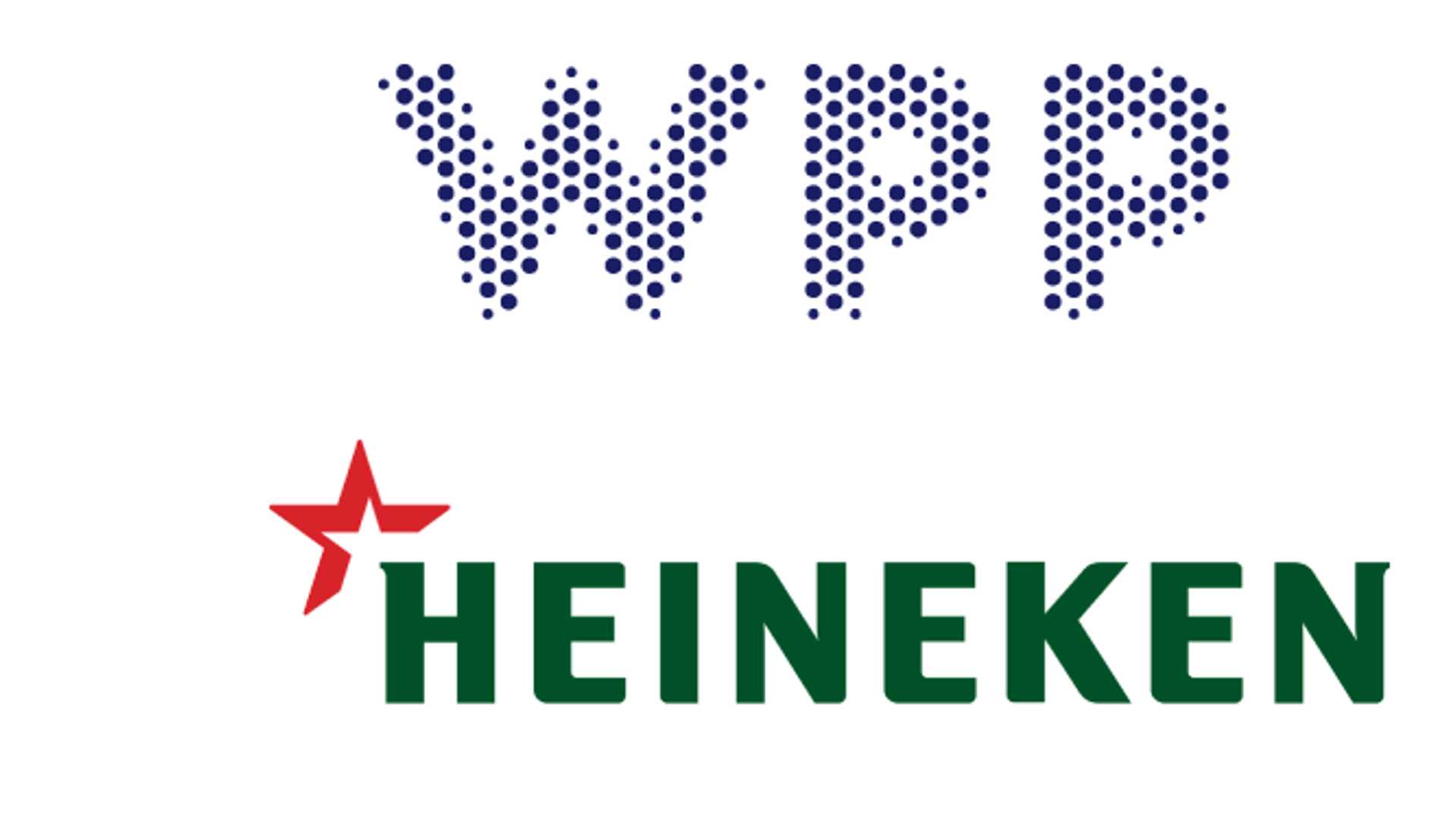'Our GPUs are melting': OpenAI puts restrictions on new ChatGPT Image Generation Feature
OpenAI has recently implemented temporary restrictions on the use of ChatGPT's new image generation feature due to its overwhelming popularity. The new tool allows users to transform images into the style of Studio Ghibli, a renowned Japanese animation studio.
OpenAI's CEO, Sam Altman, acknowledged the immense enthusiasm for the new feature but expressed concerns over the strain it is putting on their GPUs. While the exact limits have not been specified, Altman hopes that they will only be in place for a short duration.
Ethical Concerns and Copyright Issues
The surge in the use of the image generation tool has sparked ethical debates regarding AI's training on copyrighted material, particularly the artistic designs of Studio Ghibli's founder, Hayao Miyazaki. OpenAI had previously stated that the tool would adopt a cautious approach in mimicking individual artists' aesthetics and includes a refusal mechanism for images in the style of living artists.

Despite these precautions, questions have been raised about the legality of training AI models on copyrighted works without proper authorization. Josh Weigensberg, a partner at Pryor Cashman law firm, emphasized the importance of obtaining appropriate licenses for such training to avoid potential legal complications.
Studio Ghibli's Response
As the discussions on AI art and copyright infringement continue, Studio Ghibli has not yet commented on ChatGPT's new image generation tool. However, previous statements from Hayao Miyazaki have indicated his strong disapproval of AI technology in the creative process, citing it as an affront to life itself.

The widespread use of the Ghibli-style effects on various images, including viral memes and iconic photographs, has garnered significant attention on social media platforms. Despite the tool's popularity, concerns persist regarding the ethical implications of utilizing copyrighted material in AI-generated artwork without proper authorization.
OpenAI's response to these concerns and the future implications of AI technology on the art world remain subjects of ongoing discussion.




















